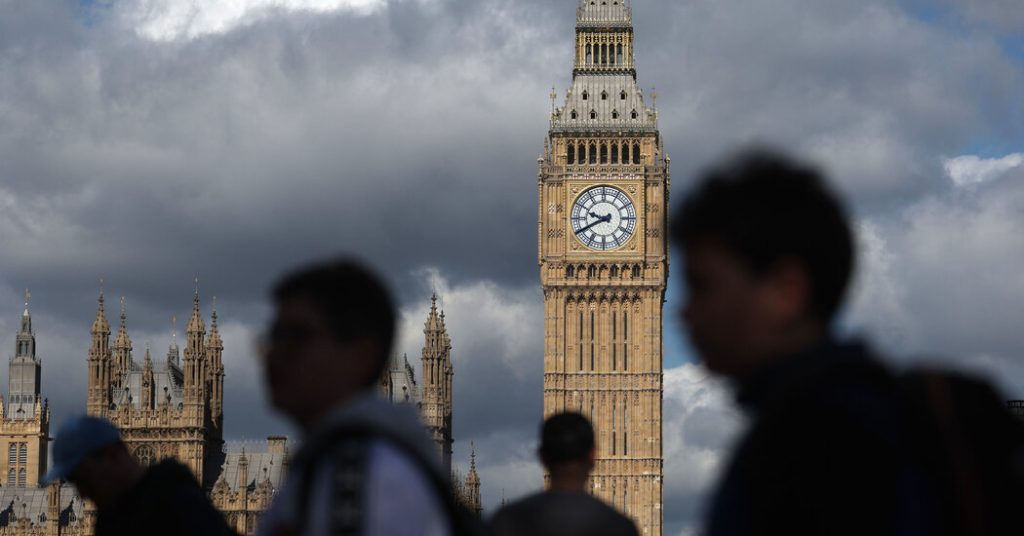In 2016, both Britain and the United States experienced significant political events with Britons voting for Brexit and Americans electing Donald J. Trump as President. Now, in 2024, history seems to be repeating itself, as a Conservative British prime minister has set the date for a general election in early summer, followed by a momentous presidential election in the United States a few months later. Political analysts are intrigued by how the results of the British election might serve as a precursor for the U.S. election later in the year.
However, this time around, the political landscape in both countries may not necessarily mirror past events. Unlike in 2016, where Brexit signaled Trump’s eventual victory, analysts believe that British voters are likely to elect the opposition Labour Party by a significant margin over the beleaguered Conservatives. In the U.S., the Democratic candidate, Joseph R. Biden Jr., is in a tight race with former President Trump and his Republican supporters. With the U.S. and the UK in different political contexts, predicting election outcomes based on past trends has become challenging.
The decision by the Conservative prime minister to call an early election stems from a desire to navigate economic challenges and potentially minimize losses against the Labour Party in the polls. While political oddsmakers had initially predicted a later election date, avoiding overlap with the U.S. election results could also play to the Conservatives’ advantage. The outcomes of the British election could offer valuable insights for the U.S., especially in terms of incumbent challenges and political trends that are still shared between the two countries.
The rise of Reform U.K., a populist party founded by Nigel Farage, indicates a potential resurgence of populism in Britain, potentially mirroring developments in the U.S. A surge in support for center-left parties like Labour, the Liberal Democrats, and the Greens could also reassure U.S. Democrats about the resilience of progressive politics globally. The election results in Britain could have ripple effects on the U.S. election, reflecting similar concerns and issues across both nations.
Critics of the Conservative Party blame their decline on moving away from economic nationalism that fueled Brexit in 2016. As the party shifted towards liberal free-market policies, it may have alienated Trump’s supporters and other right-wing movements globally. The Conservative prime minister has attempted to mobilize the base by adopting anti-immigrant themes reminiscent of the Brexit campaign. Regardless, Brexit is no longer a predominant issue in the election, signaling voter fatigue and acceptance of Britain’s departure from the EU.
Ultimately, the elections in both Britain and the U.S. are driven by frustration with the status quo rather than ideological battles. While similarities exist in terms of shared concerns and political themes, each country is facing unique challenges leading up to the respective elections. Whether the tide will turn back towards the Conservatives or Democrats remains to be seen, but the common thread of discontent with the current state of affairs could define the outcome on both sides of the Atlantic.








